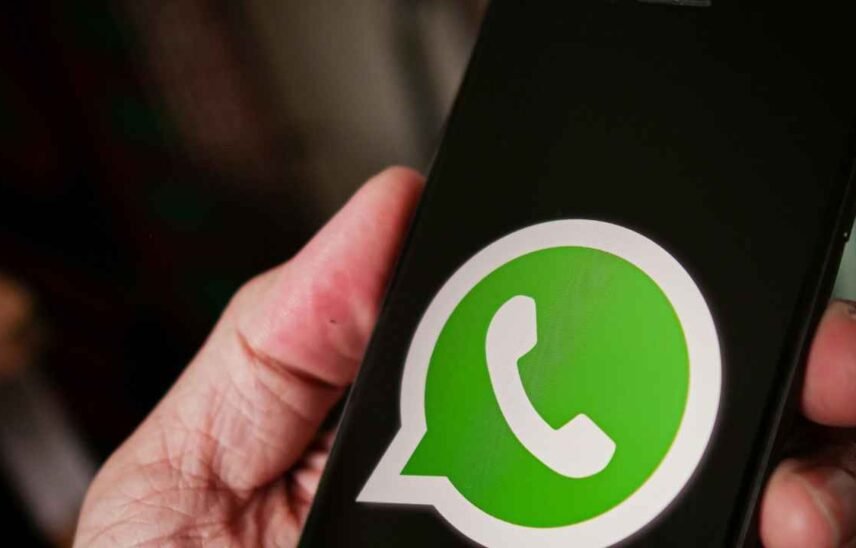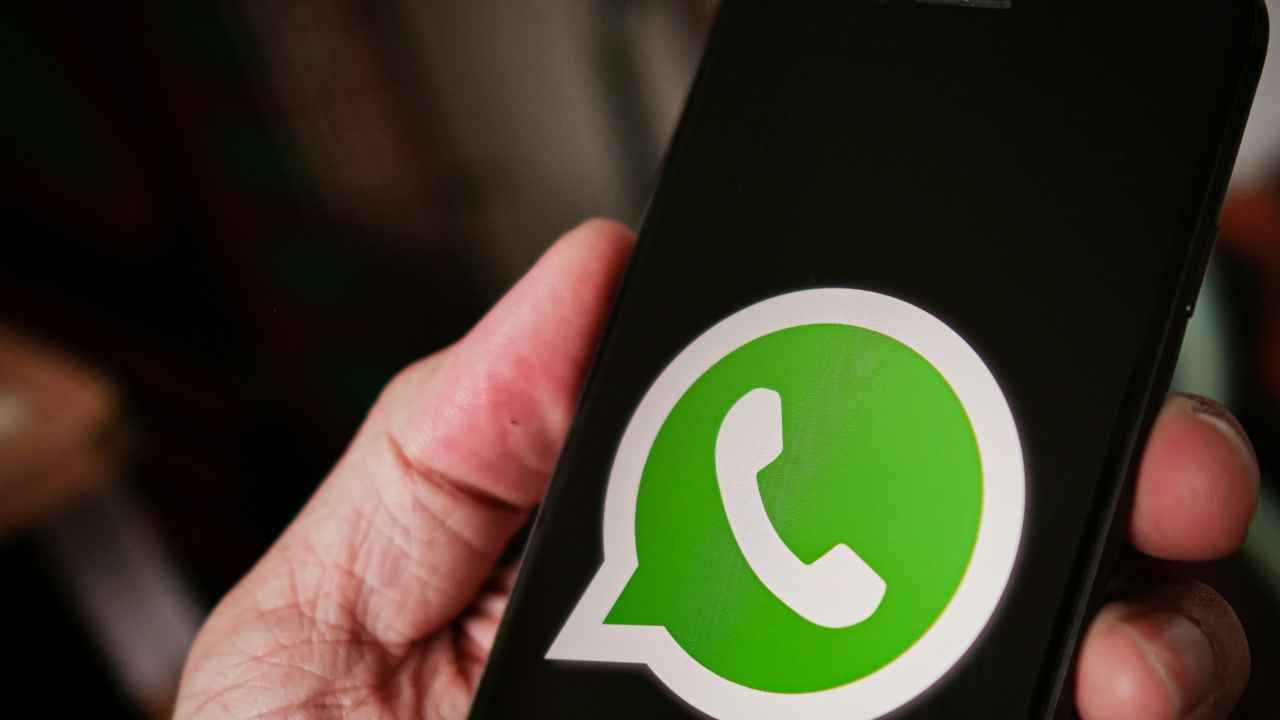
- Home
- Managed Services
- Cyber Security
- Blog
- About Us

We 365 Admin Support, just simplify your IT problems
Call for a free support. +91 96666 59505Platform Partnership
- Who We Help
- Shop
- Contact
- News






HIGHLIGHTS
Table of Contents
ToggleAfter a lengthy legal battle spanning five years, WhatsApp has triumphed in its case against the infamous spyware developer, NSO Group. The U.S. courts have mandated that NSO Group pay a total of $167,254,000 in punitive damages alongside approximately $444,719 for compensatory damages to WhatsApp, culminating in a significant legal victory against illicit spyware activities.
To set the context, the discord between WhatsApp and NSO Group began in 2019 when the Meta-owned messaging platform unveiled that the spyware manufacturer had taken advantage of a vulnerability within its application’s audio-calling feature. This flaw enabled NSO Group’s notorious Pegasus spyware to infiltrate the devices of over 1,400 users globally, all without their consent. The impacted individuals included journalists, human rights champions, political dissidents, and legal professionals.
In retaliation, WhatsApp launched a lawsuit against NSO Group in 2019, charging the company with hacking its servers, exploiting application vulnerabilities, and violating both U.S. federal law and California state regulations. A groundbreaking ruling was made in December of the previous year, with a U.S. judge siding with WhatsApp and confirming that NSO Group was indeed liable for these gross violations.
Following the court’s decision, Zade Alsawah, a spokesperson for WhatsApp, hailed the ruling as a “historic victory” and a pivotal moment in the fight for user privacy and security. Will Cathcart, the head of WhatsApp, described the lawsuit as a crucial cautionary tale for technology firms, government entities, and internet users at large regarding the critical need for enhanced security measures.
Additionally, it’s worth noting that NSO Group has indicated its intention to appeal the court’s decision. The company has faced considerable scrutiny for marketing its Pegasus spyware to governments that often overlook human rights. The implications of this misuse have been severe, allowing these regimes to target individuals deemed as threats, not for security reasons, but for expressing dissenting opinions against government practices.
John Scott-Railton, a leading researcher at Citizen Lab, stated: “WhatsApp’s initiative to release the transcribed depositions from NSO Group provides unprecedented insight into the inner workings of NSO’s business practices, exploit development methodologies, and business operations. This level of transparency has never been made accessible regarding any spyware manufacturer.”
The release of this information is expected to be a significant step in understanding the dynamics of the spyware industry and the effects such technologies can have on society. By showcasing internal workings, WhatsApp aims to raise awareness about the grave dangers posed by surveillance technologies and inspire action against such unethical practices.
In conclusion, this landmark case against NSO Group represents not only a win for WhatsApp but also a crucial advance in the movement for protecting digital privacy. The ramifications of this case extend far beyond WhatsApp, setting a precedent that may influence future regulations concerning spyware technologies and user privacy rights around the globe. As the digital landscape continues to evolve, this victory could serve as a critical rallying point for companies advocating for more robust privacy measures, ultimately benefitting users worldwide.